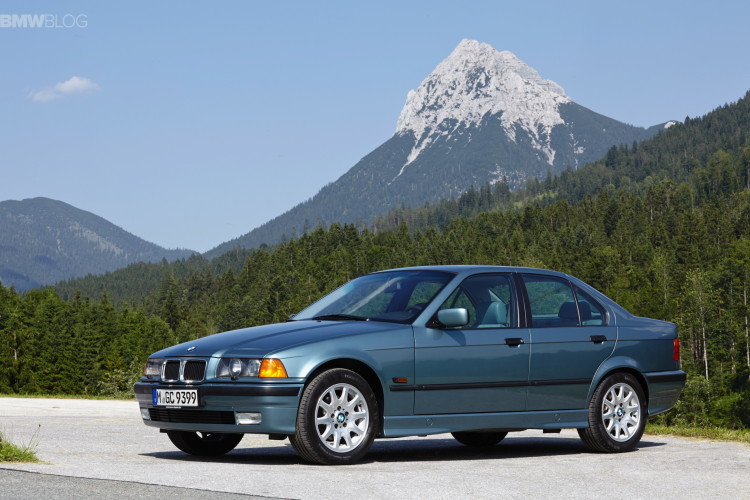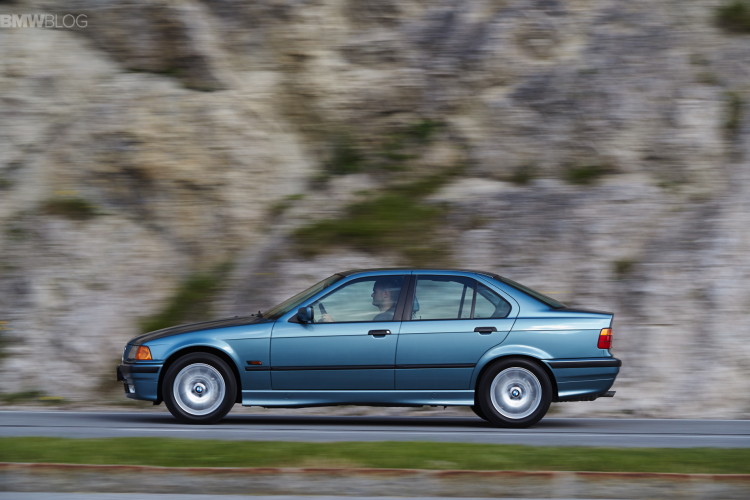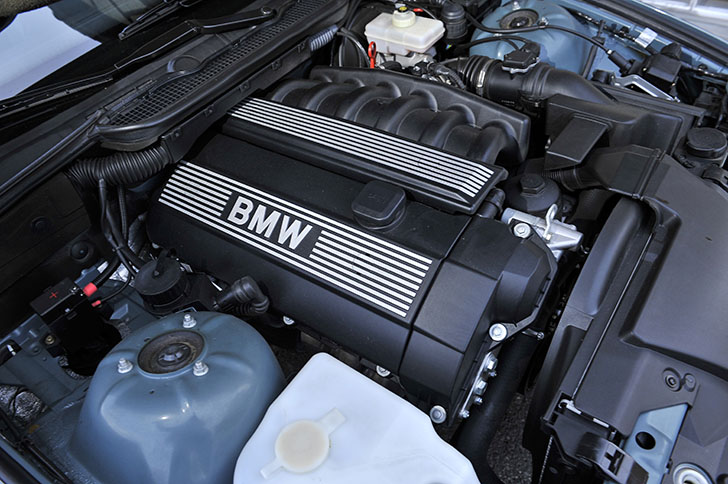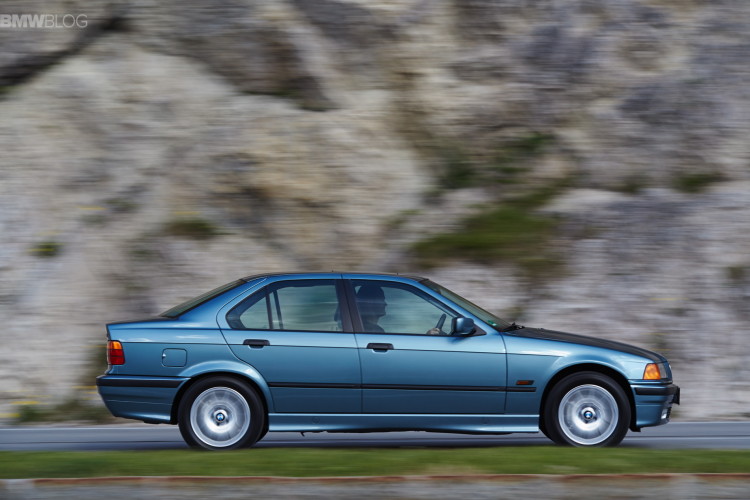

As many of you may already know, my first car was an E36 BMW 3 Series, a 328i sedan to be more exact, and I loved it. In fact, every time I see an E36 3 Series of any kind on the road, I stare at it in jealousy and fondness. I miss my car. Well, I miss most of it, as I don’t miss the headache of maintaining my very high-mileage car.
Considering that the E36 3 Series has become shockingly cheap on the second-hand market, a lot of enthusiasts are buying it as a first-time BMW or even a project car. They’re also becoming quite popular thanks to their simple looks, driver-focused interiors and naturally-aspirated straight-six engines. So we thought we’d give you a buyer’s guide on the E36; a bit of history, which models were available and what to look for or shy away from.
However, we’re going to avoid the BMW M3 variant, as most enthusiasts are aware of that car and it’s also getting absurdly expensive. Instead, we’re going to talk about standard 3 Series models, cars that all enthusiasts can afford and enjoy.
A Bit of History
The E36 generation of 3 Series was introduced in 1992 and as the third generation, following the iconic E30. It was also the biggest leap forward for the 3 Series at the time, moving on to become a far more high-tech and luxurious car than its predecessor. The E36 was bigger, heavier, more spacious, faster and more premium than the car it replaced. Naturally, that was met with some skepticism from enthusiasts but it soon won most BMW fans over.
In 1996, the E36 3 Series received a mid-cycle refresh (known today as LCI, in BMW-speak), which gave it some minor visual changes, new model variants and engines.
Different Models
When it first debuted, it was available as both a sedan and a coupe, which were followed by a wagon (Touring) and a hatchback (Compact). The only body style not available in the US-market was the wagon (no surprise, there) but most markets received all body styles.
If you’re in the market for an E36 3 Series, there are several different models to choose from. You can get small four-cylinder gasoline and diesel engines, in cars like the 318i (North America) and the 318d (Europe). Or, you could get some of BMW’s brilliant inline-six engines in cars like the BMW 325i and 328i. There are several more models, but it can get tricky to go through them all for each market. The best advice is to tell you to go for any inline-six engine, as they’re all great.
Which Models to Look For
If you’re looking for a sports car, something to have some fun with and nothing else, the BMW 328is is the best non-M E36 3 Series model. Not only is the 328is a coupe, the best looking of all the E36 body styles, it sports with the best non-M engine the E36 ever came with, the M52 2.8 liter naturally-aspirated inline-six, with 190 hp. It can be also be found with a five-speed manual and a limited-slip rear differential, so it’s the sportiest version of the car.
However, the BMW 328i sedan is also quite fantastic, even if I may be a bit biased. It has that same 2.8 liter engine but in a more practical four-door body style. Also, the E36 3 Series sedan is one of the best looking 3er sedans of all time, in my personal opinion.
If you’re in Europe, try and find a 325i or 328i Touring with a manual. A straight-six-powered 3 Series wagon with a manual gearbox is an epic combination and probably the cheapest way to get such a combo.
What to Watch Out For
While I will always hold a special place in my heart for the E36 3 Series, I fully understand (painfully so) that it can be a temperamental thing. If you’re looking for one, check for rust in the rear wheel wells and a the back of the side skirts. It’s known to rust quite horrifically in those spots and mine was no exception.
Also, the coolant system can be a massive headache. A personal recommendation; even if you wrench on it yourself, have a professional bleed the air out of the coolant system when you have to because it’s infuriating to do yourself.
The VANOS variable valve timing system can also go bad and if it does it sounds like marbles in a tin can, right at the front of the engine. So check for that as well. While you’re under the hood, check the PCV system, which often leaks oil, which also causes a vacuum leak. If the engine runs rough at idle upon start-up, check the idle control valve under the intake manifold, which controls the idle air intake and can sometimes get some carbon build-up, which prevents it from opening.
Overall, the E36 3 Series is a great starter BMW. It’s cheap, fun to drive and good looking, while also being a nice slice of old-school BMW, thanks to its delicious hydraulic steering. Sure, it’s not the most reliable of cars and it will frustrate you but it’s cheap enough to fix and can be wrenched on yourself.
The article Buyer’s Guide: BMW E36 3 Series – What To Look For appeared first on BMW BLOG
Source: Buyer’s Guide: BMW E36 3 Series – What To Look For How Insurance Companies Work?









0 Comments